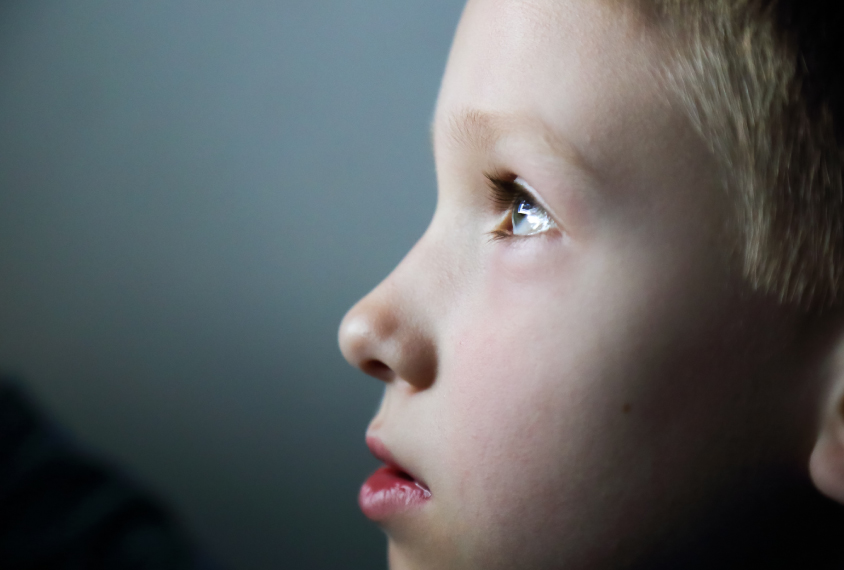Dr Layton joined the University of Waterloo in 2018. Before then, she held the position of the Robert R. and Katherine B. Penn Professor of Mathematics, and Professor of Biomedical Engineering and Medicine at Duke University. She is the Deputy Editor of the American Journal of Physiology–Renal Physiology, Associate Editor of SIAM Review Book Section, and Associate Editor of the SIAM Journal on Applied Dynamical Systems. She also serves as the Associate Dean, Research and International, for the Faculty of Mathematics, and chairs the Research Equity, Diversity and Inclusion Council at the University of Waterloo.

Anita Layton
From this contributor
Early-detection technique analyzes how children with autism scan faces
Researchers at the University of Waterloo in Ontario, Canada, have developed a new autism detection technique that distinguishes among different eye-gaze patterns to help doctors more quickly and accurately detect autism in children.

Early-detection technique analyzes how children with autism scan faces
Explore more from The Transmitter
Astrocytes orchestrate oxytocin’s social effects in mice
The cells amplify oxytocin—and may be responsible for sex differences in social behavior, two preprints find.

Astrocytes orchestrate oxytocin’s social effects in mice
The cells amplify oxytocin—and may be responsible for sex differences in social behavior, two preprints find.
Neuro’s ark: Spying on the secret sensory world of ticks
Carola Städele, a self-proclaimed “tick magnet,” studies the arachnids’ sensory neurobiology—in other words, how these tiny parasites zero in on their next meal.

Neuro’s ark: Spying on the secret sensory world of ticks
Carola Städele, a self-proclaimed “tick magnet,” studies the arachnids’ sensory neurobiology—in other words, how these tiny parasites zero in on their next meal.
Autism in old age, and more
Here is a roundup of autism-related news and research spotted around the web for the week of 2 March.

Autism in old age, and more
Here is a roundup of autism-related news and research spotted around the web for the week of 2 March.